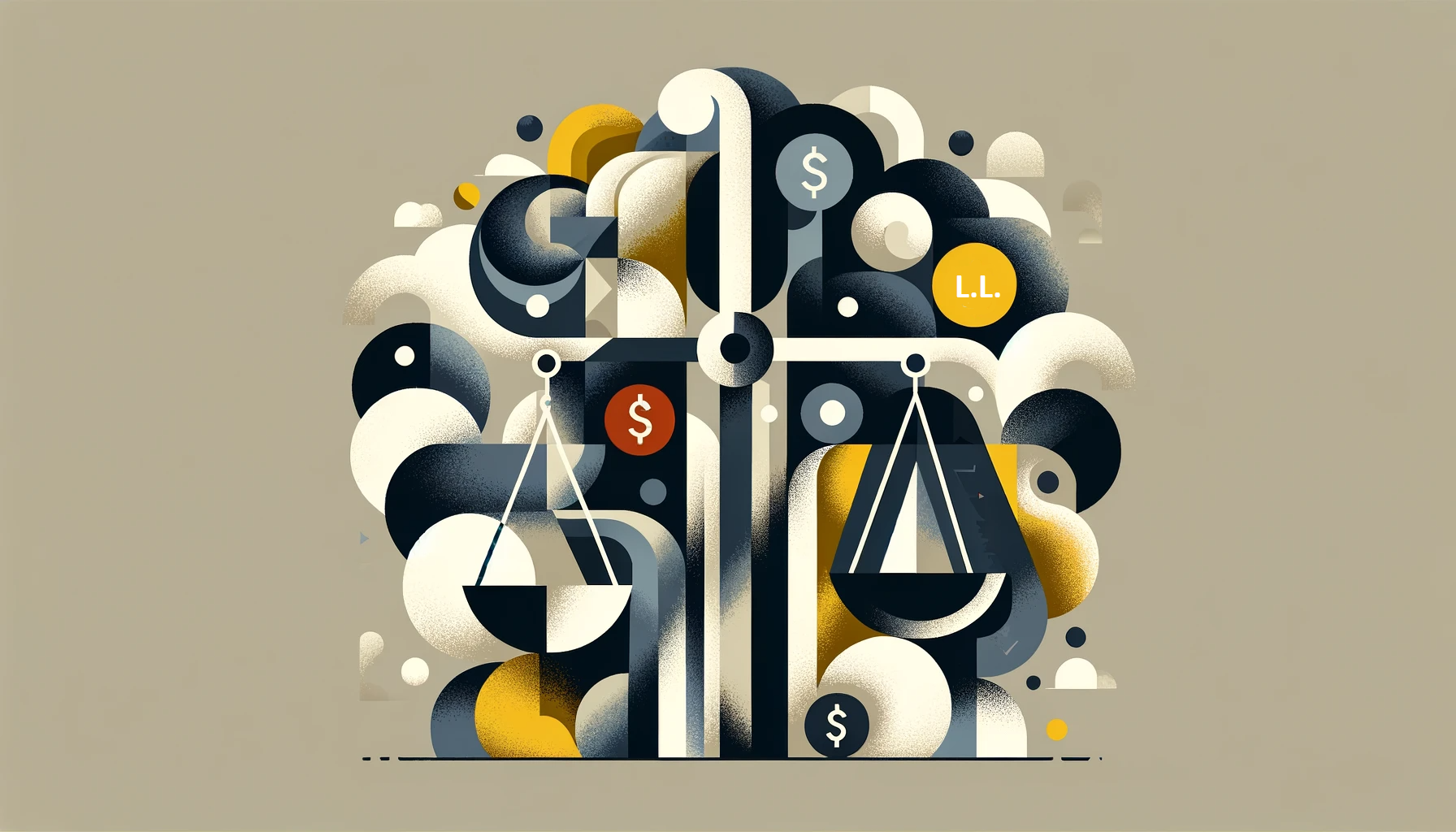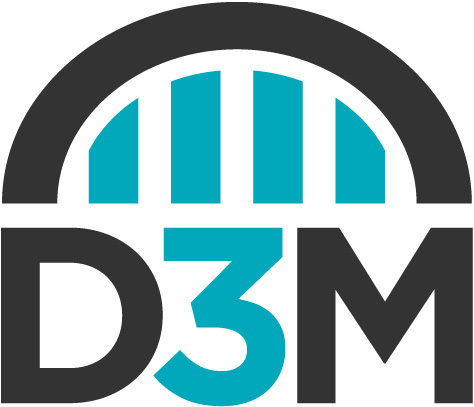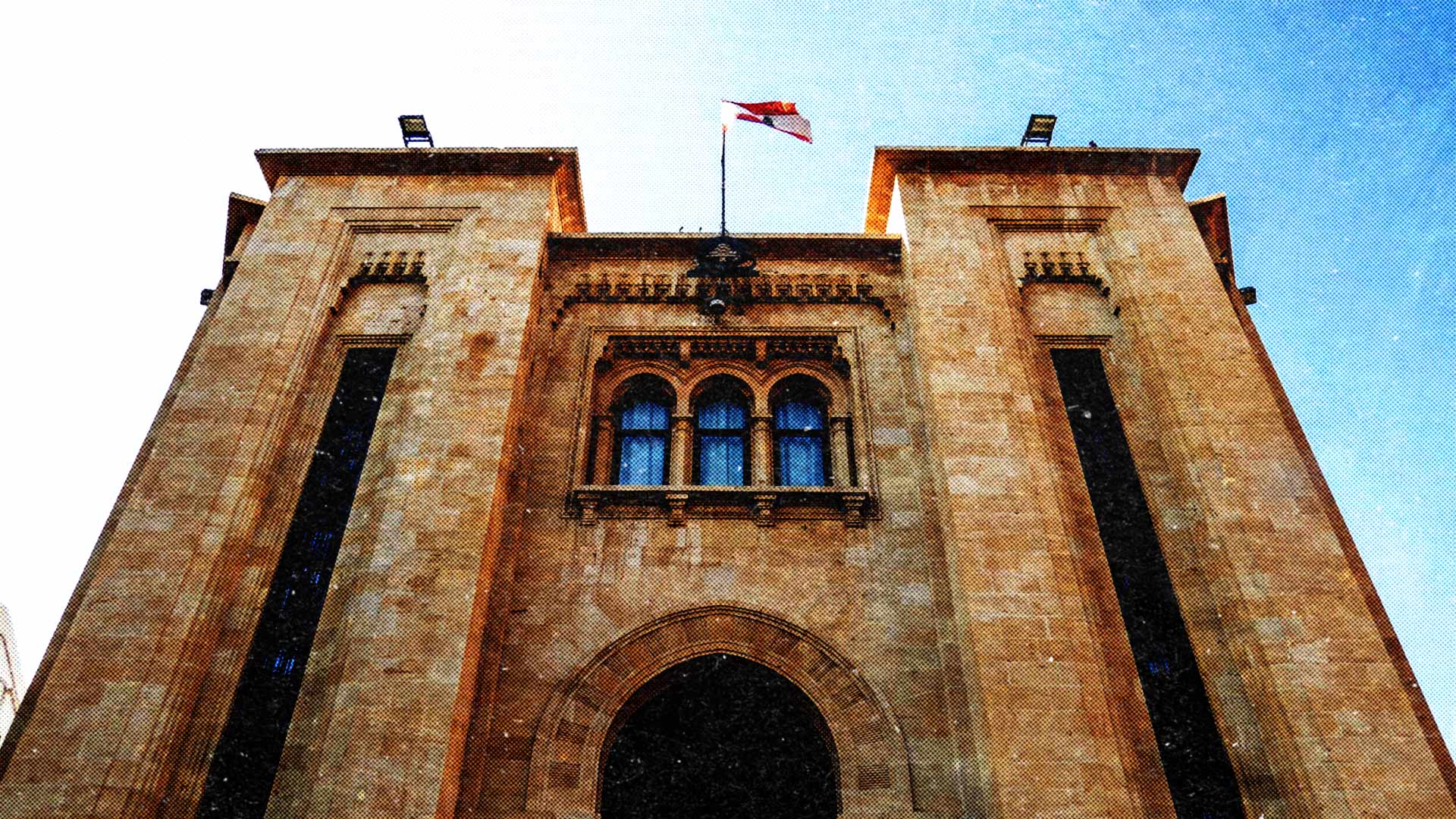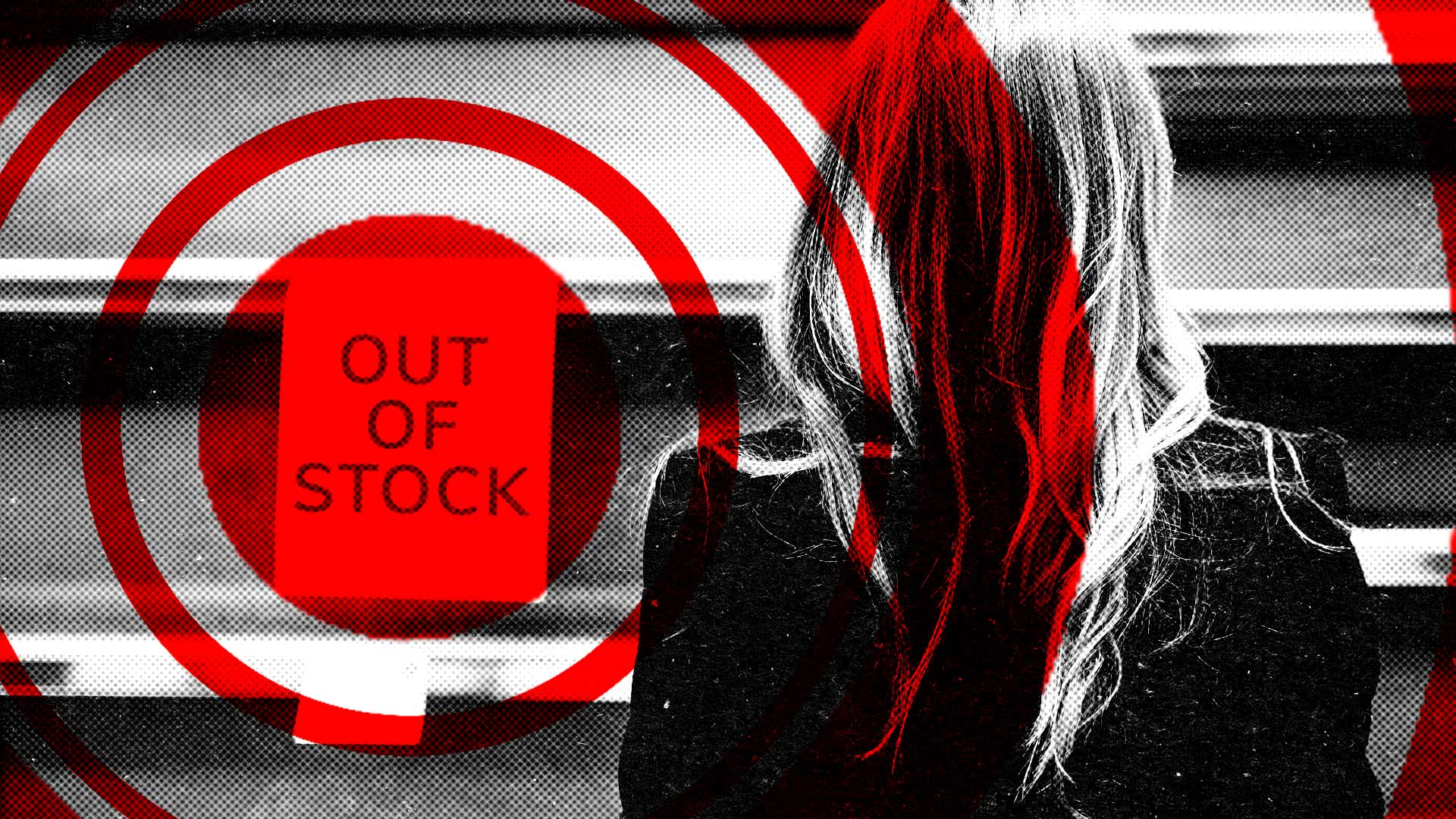TALKING POINTS
The following content is drawn from D3M analysis on the issue of exchange rate policy.
The following talking points are recommended:
TALKING POINT 1: The current multiple exchange regime is incompatible with improving the economic environment in Lebanon.
TALKING POINT 2: Sayrafa is an ineffective and opaque monetary policy instrument.
TALKING POINT 3: Monetary Governance Reforms are Key to Restoring Confidence in the Lira
TALKING POINT 4: The Lira Must Float
TALKING POINT 1: The current multiple exchange regime is incompatible with improving the economic environment in Lebanon.
Key Message: The multiple exchange rate regime implemented by the central bank and Ministry of Finance is highly detrimental to the economy, creating market distortions and generating rent-seeking opportunities.
- The banking sector must be restructured as soon as possible without shifting the commercial banks’ losses onto the public nor the state in order to move forward with the creation of a credible and responsible financial system.
- The 2023 and 2024 budget must by be passed by parliament in a timely manner. It is of urgent importance that they unify the exchange rates and implement the progressive reforms stipulated by the IMF.
TALKING POINT 2: Sayrafa is an ineffective and opaque monetary policy instrument.
Key Message: Sayrafa is an ineffective and unsustainable too to slow the devaluation of the lira as its very operation relies on the printing of new currency and the use of the central bank’s dwindling foreign exchange reserves.
- The provision of dollars for sale on the platform are directly linked the precipitous decline in the central bank’s remaining usable foreign exchange reserves.
- The platform directly contributes to volatility, namely rapid spikes in the parallel market exchange rate, by flooding the economy with lira when the BdL buys dollars on the black market.
- Sayrafa has generated $2.5 billion in arbitrage profits for unknown entities favoured by the central bank whilst worsening Lebanon’s economic outlook and making the public worse off.
TALKING POINT 3: Monetary Governance Reforms are Key to Restoring Confidence in the Lira
Key Message: At present, the ability to set exchange rates exists in legal grey-zone which must be clarified and the BdL is devoid of checks and balances. Reforms to monetary governance and the introduction of fiscal discipline are necessary to restore confidence in the lira.
- The BdL is ruled as Riad Salameh’s personal fiefdom. As the only central banker in world on Interpol’s Red List, he must be disposed of immediately. Checks and balances must be introduced to ensure sound future governance of the central bank.
- Fiscal discipline must be imposed in conjunction with an overall of the tax regime to increase tax revenues and shift the tax burden off the least able to pay. Monetary financing of the government, making up the fiscal shortfall by printing lira, must be limited if not eliminated.
- Oversight of the BDL must be enhanced by eliminating government representation on the Central Council, in favour of independent, non-executive directors.
- The BDL’s involvement in development and public utility companies must cease.
TALKING POINT 4: The Lira Must Float
Key Message: Lebanon does not have the power to defend another artificially high currency peg. The lira must be allowed to float with limited central bank intervention to combat high volatility.
- The central bank does not have sufficient reserves to defend another unsustainable currency peg.
- A unified, official lira exchange rate must be allowed to float on the market after confidence-restoring reforms have been introduced.
- Once at a realistic level the central bank should only intervene to counteract high volatility.
This paper was compiled with the support of the Friedrich Ebert Stiftung.




